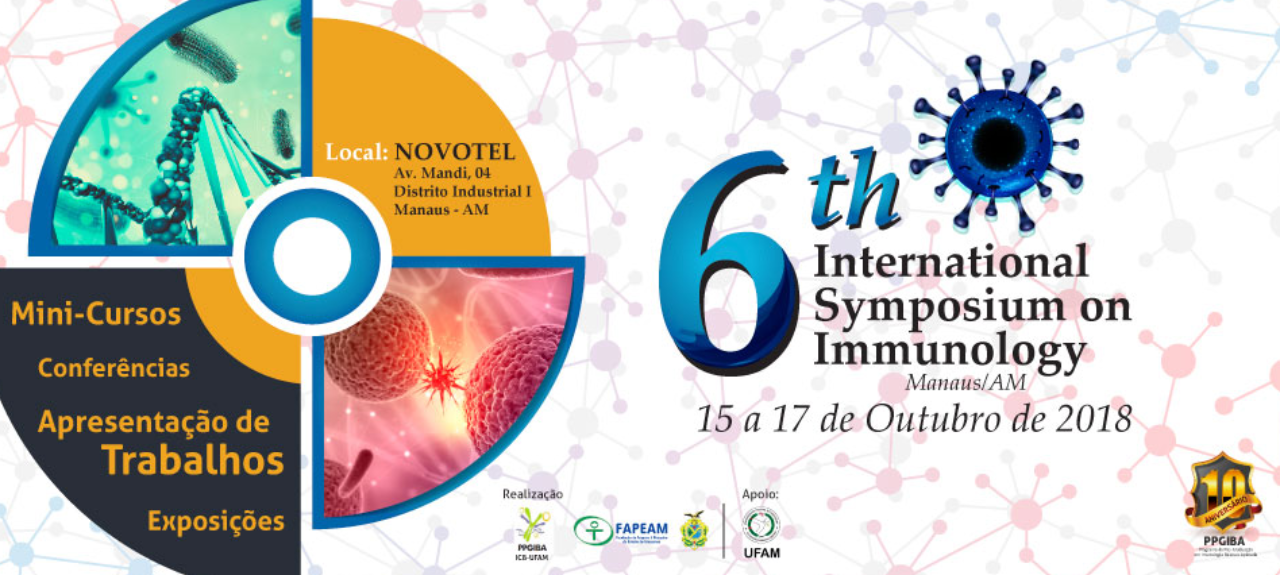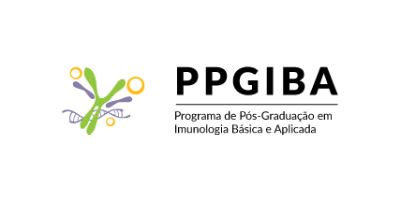Lúcia Helena Faccioli
FCFRP-USP
Professora Titular da Faculdade de Ciências Farmacêuticas de Ribeirão Preto da Universidade de São Paulo, Pesquisadora 1A do CNPq, líder do Laboratório de Inflamação e Imunologia das Parasitoses e Chefe do Departamento de Análises Clínicas, Toxicológicas e Bromatológicas da FCFRP-USP de 2018 a 2022. Tesoureira da Sociedade Brasileira de Imunologia entre 2009 e 2011. Foi membro da Comissão Gestora do Programa de Imunologia Básica e Aplicada da FMRP-USP, de 2008 a 2014. Coordena Projeto Temático da FAPESP intitulado: Novos Aspectos Funcionais dos Eicosanoides (Processo n. 2014/07125-6), com vigência de 2014 até 2019. Tem experiência na área de Imunologia, com ênfase no estudo da resposta inflamatória e papel dos mediadores lipídicos em infecções pulmonares por bactérias e parasitas. Investiga resposta imune inata induzida por peçonhas, especialmente de escorpiões. Além disso, trabalha com a investigação de produtos naturais com atividade anti-inflamatória e novas formulações farmacêuticas enfocando sistemas de liberação controlada de mediadores lipídicos. Mais recentemente, desenvolveu plataforma na FCFRP-USP (CEQIL) para identificação e quantifição de lipídeos (lipidoma), sendo pioneira nesta área no Campus de Ribeirão Preto. Realizou Pós-doutorado no National Heart and Lung Institute da Universidade de Londres, e tem convênios com a Universidade de Michigan, Estados Unidos, com o Instituto de Transgenômica do CNRS, Orleans, França, com a Universidade de Freiburg, Alemanha e com a Universidade de Valladolid, Espanha, além de diversas colaborações nacionais e internacionais. Orienta alunos de mestrado e de doutorado nos programas de pós-graduação em Imunologia Básica e Aplicada (FMRP-USP), em Bioquímica (FMRP-USP) e em Biociências Aplicadas à Farmácia (FCFRP-USP), tendo formado até o presente 20 mestres e 20 doutores. Atualmente orienta 3 mestres, 3doutores e 2 pós-doutores. Foi Presidente da Comissão de Biotério da FCFRP-USP entre 2002 e 2014; fez parte do comitê de Ética em Pesquisa em Seres Humanos, do Comitê em Ética em Pesquisa em Animais e da Rede USP de Biotérios, da Comissão de Pesquisa entre 2010 e 2017; da Comissão de Relações Internacionais, entre 2010 e 2018. Coordena o Centro de Citometria de Fluxo da FCFRP-USP e a Central de Quantificação e Identificação de Lipídeos - CEQIL (equipamento foi cedido pela FAPESP como equipamento multiusuário-EMU-2015/00658-1). Membro Titular da Congregação. Possui publicações em revistas de impacto nas áreas de Imunologia, Parasitologia, Ciências Farmacêuticas, Produtos Naturais, Mediadores Lipídicos, e outras. Organizou o 5º CIFARP em 2005, o XXXIII Congresso Brasileiro de Imunologia em 2008, o XXXVI Congresso Brasileiro de Imunologia em 2011 e o 11º CIFARP em 2017, além de encontros científicos regionais em Ribeirão Preto. Referências Bibliográficas: Faccioli, LH; LH Faccioli e Lucia Helena Faccioli. (Fonte: Currículo Lattes)

